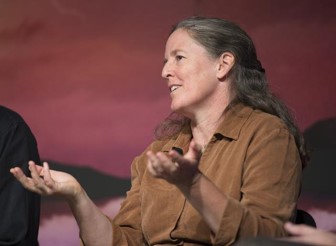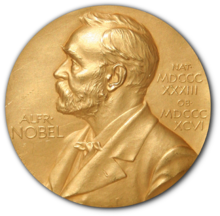Who’s your expert?

“For every expert there is an equal and opposite expert; but for every fact there is not necessarily an equal and opposite fact.”
Thomas Sowell, American economist
“I have as much authority as the Pope, I just don’t have as many people who believe it.”
George Carlin, American comedian
What’s an expert?
•Someone who holds more true beliefs (and fewer false beliefs) about his area of expertise than a non-expert.
•Someone who holds a substantial body of truths in their area of expertise.
•Someone who presents coherent arguments.
•Someone whose opinions are supported by other experts.
A single success, no matter how spectacular, does not make you an expert.
Experts and expert systems
Expert people and expert systems (in computing) are quite alike, in that they don’t just store and remember data – they organise that data in particular ways that best reflect our current understanding of their expert field.
Becoming an expert takes time and is not only about accumulating knowledge, it is also about seeing patterns in the data presented to you.
3 stages in becoming an expert
1.Cognitive – beginning to discriminate between relevant & irrelevant information.
2.Associative – improvement in organisation, correlation and recall of information.
3.Autonomous – performance becomes largely automatic or intuitive.
The ‘Nobel effect’

Winners of the Nobel Prize are often given a platform to talk about subjects that are not their area of expertise, to people who are ‘dazzled by their genius’.
This can have some very negative consequences.
5-point guide to trusting an expert (or not):
•examine the arguments made by the expert (and her rivals)
•seek evidence of agreement from other experts
•seek independent evidence of her expertise
•find out what biases the expert may have
•look at the expert’s track record.
The bad news? We cannot know for sure who’s credible. There are no iron-clad criteria.
However, there are soft criteria, indicators we can pay attention to. Cognitive scientist Dr Gary Klein has identified seven so far:
1.Successful performance—measurable track record of making good decisions in the past.
2.Peer respect. (But peer ratings can be contaminated by a person’s confident bearing or fluent articulation of reasons for choices.)
3. Career—number of years performing the task. (But some 10-year veterans have one year of experience repeated 10 times and, even worse, some vocations do not provide any opportunity for meaningful feedback.)
4. Quality of tacit knowledge such as mental models. (But some experts may be less articulate because tacit knowledge is by definition hard to articulate.)
5. Reliability. (Necessary but not sufficient. A watch that is consistently one hour slow will be highly reliable but completely inaccurate).
6. Credentials—licensing or certification of achieving professional standards. (But credentials just signify a minimal level of competence, not the achievement of expertise.)
7. Reflection. When asked “What was the last mistake you made?” most credible experts immediately describe a recent blunder that has been eating at them. In contrast, those posing as experts typically say they can’t think of any; they seem sincere but, of course, they may be faking.